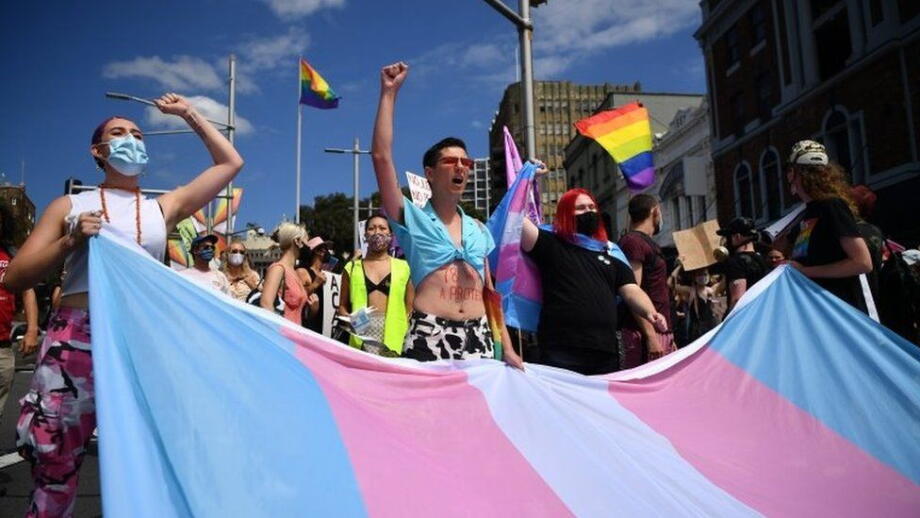In Short:
Sense of belonging is a fundamental human motivation and, in higher education settings, has been associated with students’ motivation and academic outcomes. However, less is known about the nuances of how students define belonging within a university context, and how their gendered and socio-economic identity-based experiences inform these definitions
Key findings
Using a qualitative approach, we interviewed 36 UK university students to better understand:
- Students’ definitions of belonging to university, and
- How these conceptualisations are shaped by their experiences in terms of their gender, their socioeconomic status, and the intersection of these two identities.
Interviews showed that students defined belonging in terms of social belonging. These definitions were shaped by their (a) cultural capital about university, (b) socioeconomic or gender identity experiences and (c) perceived similarity with other students.
Indeed, despite the fact that students’ definitions of belonging were associated with how they have experienced belonging to university, identity-based experiences were mostly mentioned when they perceived they did not belong, which was framed as a “sense of anti-belonging”.
Otherwise, students defined belonging as (a) being authentic, considering—for example—gender identity-based experiences of acceptance in university, or (b) sharing similar experiences with others, considering the importance of perceiving similarity with other students to feel they belong and, in some cases, being necessary to learn about university culture to perceive similarity with others.
Theoretical and practical implications are discussed in terms of how belonging conceptualisations are bound up in identity and context, opening questions about the consequences of inclusion and diversity policies in higher education.
Contact
Michelle Ryan
Director
Intersectionality & identity, Leadership & the Glass Cliff, Relationships & the care economy, The workplace & working lives
You may also like
Sex wars and TERF wars
An increasing number of people identify as feminists, but there is disagreement about whom and what feminism should be fighting for.
Gender expectations, socioeconomic inequalities and definitions of career success
Higher Education is generally regarded as a pathway to career opportunities, and research shows that students' expectations of their career success while they are studying are an important…
"Fitting in whilst standing out"
Professional British women of African, Asian, and Caribbean ethnicities contend with unique challenges and experiences in the workplace. These challenges are often due to experiences that occur at…




